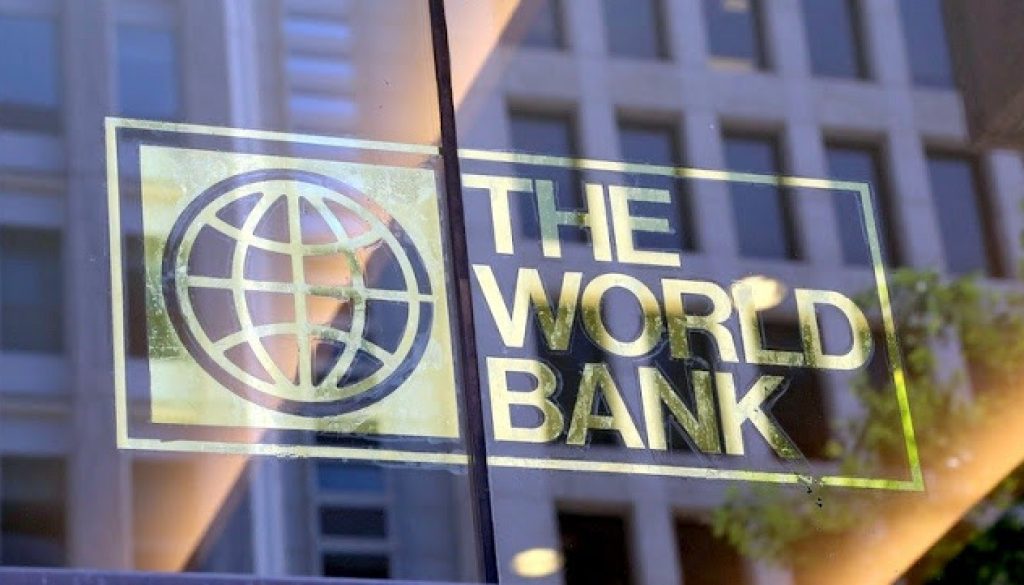Sierra Leone launches $20m World Bank Group Project
The Government of Sierra Leone, in collaboration with the World Bank, has launched $20 million second phase of a project to support the artisanal mining sector in the country.
“The second phase of the project is also to increase geological knowledge and help strengthen governance of the mineral sector.
“The objective of the 20 million dollars project is to continue to build on the improvements to mineral sector governance vis-à-vis strengthening the legal and regulatory frameworks.
“Also by supporting the implementation of the recently updated Minerals Policy and Artisanal Mining Policy,’’ it noted.
During the first phase (2009 to 2016), Sierra Leone laid the foundation for improved governance in the mining sector.
It supported new legislation, institutions, capacity building and increased transparency.
Minister of Mines and Mineral Resources Morie Manyeh said these attracted new investments to the sector allowing its revenues and associated activities to make significant contributions to the country’s economic growth.
Manyeh added among the most notable achievements of the project was the support provided for the creation of the National Minerals Agency (NMA), the sector’s regulatory and survey institution.
He said the second phase of the Extractive Industries Technical Assistance Project (EITAP 2), aims to set out the policy principles by which the economic and social contribution of the artisanal mining sector will be effectively captured for the benefit of citizens of Sierra Leone.
According to him, the project will also promote cleaner gold production processes amongst artisanal and small-scale miners.
“It also seeks to further enhance geological knowledge, including building Sierra Leone’s geological infrastructure by supporting the government to conduct an airborne geophysical survey of the whole country.
Sierra Leone is a resource-rich country with extensive known and potential mineral and petroleum resources.
However, knowledge about the geology of the country is limited, with very little modern data in the public domain, and this limits opportunities for the sector’s contributions to economic growth and sustainable development.


